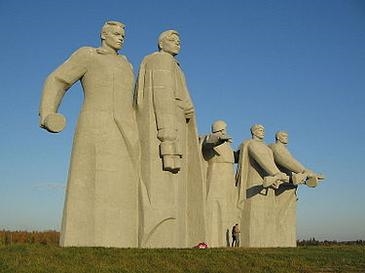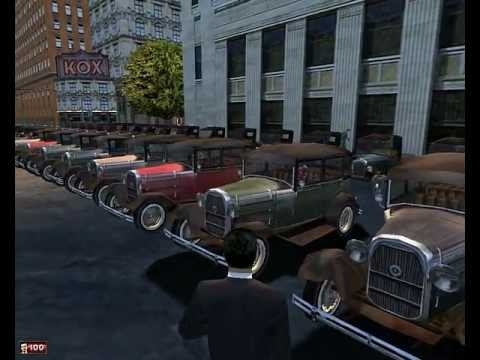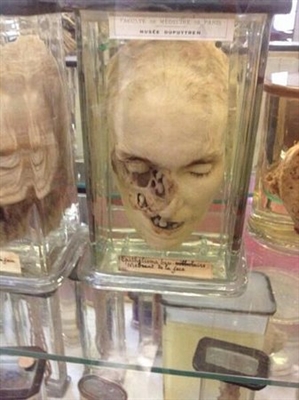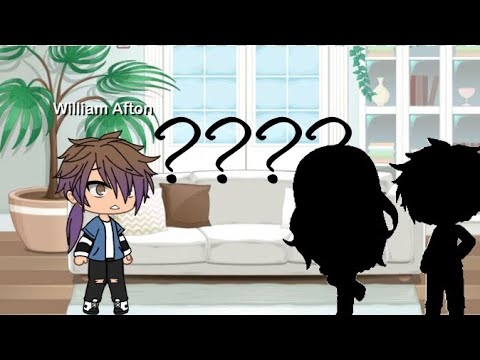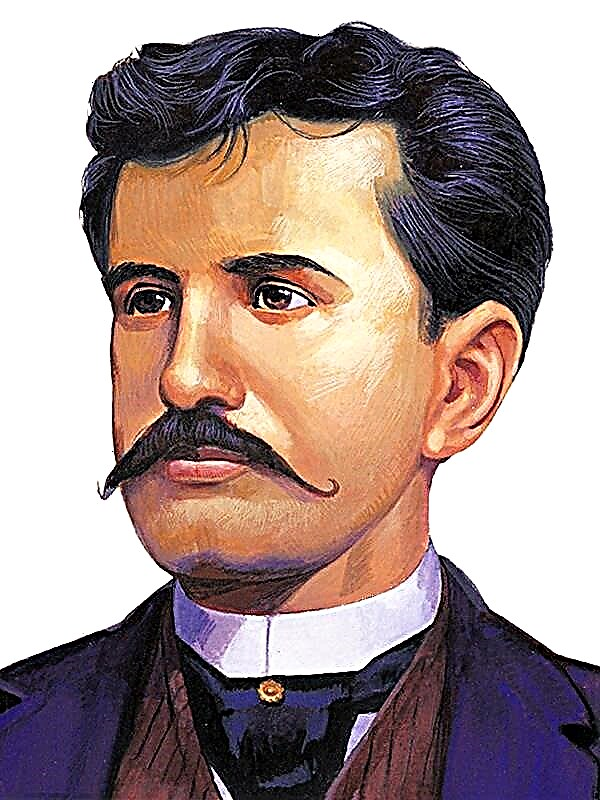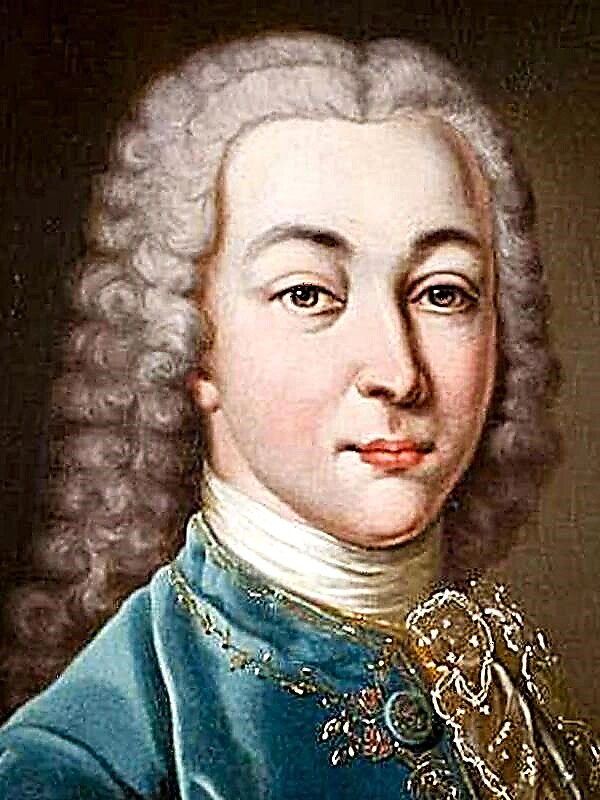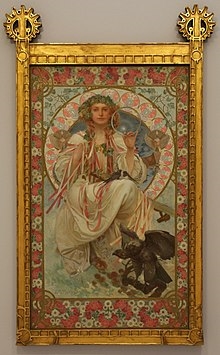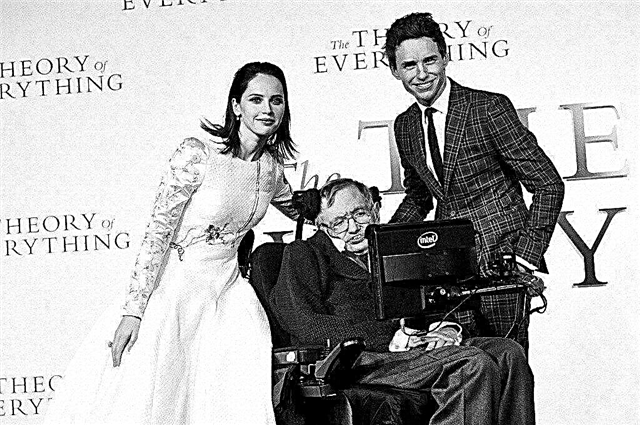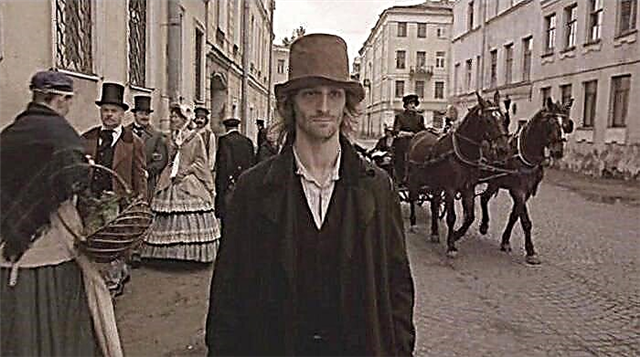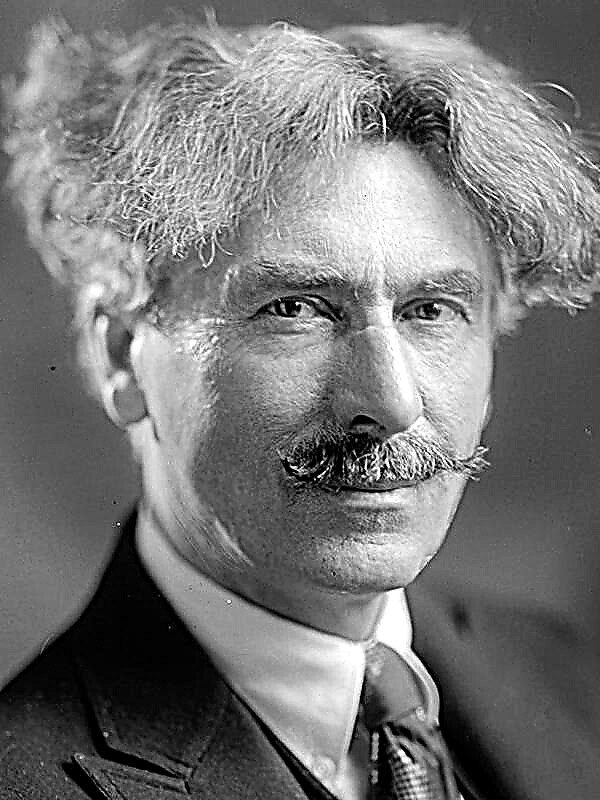We catch the wealthy Revolution family at a critical moment in their lives. Madame Revolu, her sons Denis and Julien, her daughter Rosie will learn the terrible news - their father, the owner of the largest notary office in the city - Oscar Revolu - is ruined. He contained a mistress-dancer Regina Lorati. But suicide was prompted not so much by ruin as Regina's infidelity.
For every member of the family, this is a collapse. For Rosie, this is a failed wedding. For Julien - the rejection of high society fun. For their mother, Lucienne Revolute, the loss of money is tantamount to the loss of everything in the world. And only the youngest - Denis, noting to himself how little he and everyone else thinks about his father’s death, finds something positive in her too - he is very attached to Rosie’s sister and is glad that her wedding will be upset, he does not believe her fiance.
At this tragic hour for the Revolu family, Leoni Costado, the mother of Rosie's fiancé — Robert and two more sons: poet Pierre and cuticle and Gaston’s womanizer, who “took” the dancer, appears in their house. She knew that Lucien’s dowry was not touched, and came to snatch her four hundred thousand francs, which she gave to Oscar Revol so that he would put them into circulation. She explained her act by saying that "this is the money of my sons." Money is sacred for her, for their sake it’s not a sin to “finish off” an old friend. To the reproaches of her sons for cruelty, she rebukes them: “You, if you deign to see, despise money, but you yourself live without refusing anything to yourself; it would never occur to you to ponder what it cost your grandfathers to save money <...> This money should be sacred to you ... "
Money is sacred in this world - her rebellious sons also understand this. However, Pierre, the youngest, resists this. "I hate money because I am completely in their power <...> After all, we live in a world where the essence of everything - money <...> to rebel against them means to rebel against our whole world, against its way of life."
The senior clerk of the notary's office, loyal to Oscar Revol, Lunden helped the ruined family put things in order and managed to leave the estate for them - Leonyan, in which they all move to live. Parsing the papers of the late chef, he stumbles upon his notebook. In it he finds notes about himself: “How disgusting is the proximity of this person who entered my life in school years <...> This is a garbage pit, near which I had the opportunity to work, love, enjoy, suffer, which I did not choose, which itself chose me ... "The Revolution understands that Lunden will destroy him. “The frantic pace of my life, turning my office into a real factory is his work <...> If it weren’t for him, the instinct of self-preservation would have started talking in me, years would have muffled the voice of desire. Because of the reptile, everything in my life turned upside down. Only I know that his true, unknown calling to himself is to commit crimes. ”
Lunden, whose appearance was involuntarily disgusted, leaves at the invitation of a notary's office in Paris, succeeds, makes shameful connections and becomes a victim of a killer.
But back to the Revolution family. The only one who did not succumb to despondency was Rosie - Rosetta. She is full of life, strength, and she does not give up. Rosie gets a job as a saleswoman in a bookstore. Now she gets up early in the morning and takes the tram to work. She meets with Robert again. He again appears in the role of the groom. But not for long. Rosetta is full of happiness and does not notice what Robert sees. And he sees a slim girl with dull hair, in worn shoes and a simple dress. This is not to say that he loved Rosetta’s Revolution money, but he loved the look of the girl created by this money. And Rosetta, living by the same laws, suffering, recognizes his innocence. The gap devastates her soul. But gradually she leaves her state. Robert's farewell letter, in which he sincerely repents of his weakness and calls himself a miserable creature, led her "to some kind of cordial closeness to the Almighty." Prayer becomes her comfort. In the end, she leaves her house with hope, because in her soul was the light of faith. Julien after the ruin of his father can not take another life. He lies in bed for days, allowing his mother to care for him.
Madame Revolu dies of cancer, not daring to undergo surgery, mainly because of the money. Money is more valuable than life. Her enemy friend Madame Leoni Costado dies, Julien dies.
Denis fails on the matriculation exam and seeks solace in the lines of Racine, so adored by his friend Pierre Costado: “A terrible misfortune happened. But I swear, / I look him in the face - I’m not afraid of him ... ”In fact, he gives up. He does not survive in this life. And he agrees that Cavelier - a long-standing neighbor - invested in their estate in exchange for the marriage of Denis to his beloved daughter, fat Irene. "She or the other ... Does it matter?" - so Denis decided and entered his prison, no matter how his sister resisted this.
Pierre Costado - the youngest in the Costado family, having received his share of the inheritance, travels. He writes the poem Atis and Cybele, dreams and seeks his own path in life. He is tormented by contradictions - on the one hand, he hates money and despises their power. But on the other hand, he cannot part with them, since they give comfort, independence, and the opportunity to engage in poetry. He is in Paris. Here he has a significant meeting with Aanden on the eve of the murder of the clerk. He reveals all the abominations of life Landen. He became a murder suspect. He rushes about in despair and finds solace in the arms of a prostitute. But once he was sincerely and purely in love with Rosie. “He could not endure a life full of the very pleasures that became more necessary for him than bread and wine ...”
The story ends gloomily.
“The life of most people is a dead road and does not lead anywhere. But others from childhood know that they are going to an unknown sea. And they feel the breeze of the wind, marveling at its bitterness, and the taste of salt on their lips, but they still don’t see the goal, until they overcome the last dune, and then an unlimited, bubbling expanse stretches before them and hits the sand and sea foam in their faces. And what remains for them? Rush into the abyss or return back ... "


